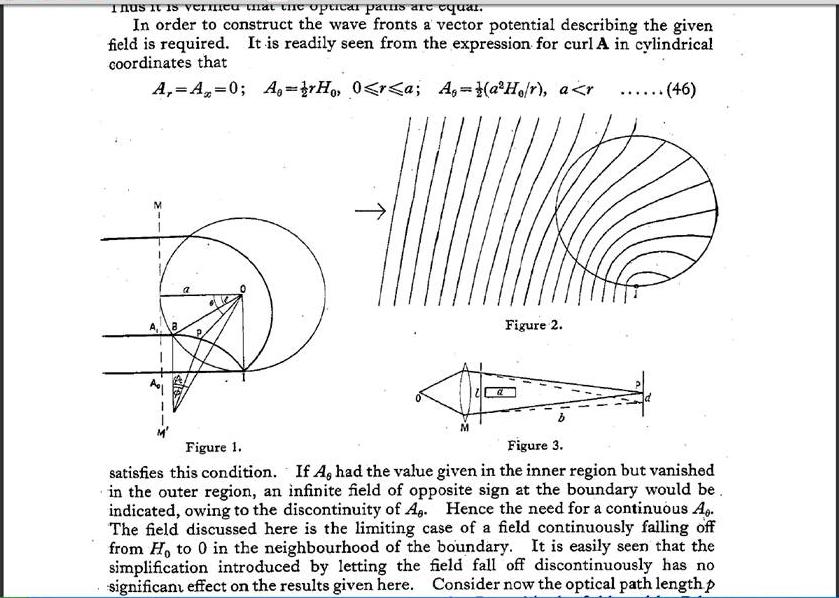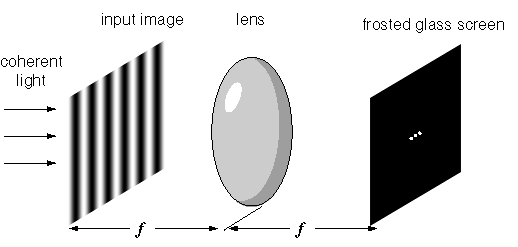Is the many-worlds interpretation (MWI) of QM inconsistent with quantum field theory?
I think it is. Quantum field theory starts with QED, where the photon is described as as an excitation of the photon field, and the electron is described as an excitation of the electron field. This is compatible with weak measurement, classical electromagnetism and wave mechanics, and semi-classical electron optics such as Ehrenberg and Siday's 1949 paper "The Refractive Index in Electron Optics and the Principles of Dynamics". That's the paper that predicted what's now known as the Aharonov-Bohm effect. See figure 3 below:

But IMHO none of that is consistent with the many-worlds interpretation. If you've ever seen any of David Deutsche's lectures, you might notice that he portrays the dual-slit photon as a red dot. He doesn't portray it as a wave, and IMHO his argument totally ducks the E=hf nature of the photon or the wave nature of matter, and rest on the assertion that the photon is some-kind of magic billiard ball, that gasp, somehow manages to be in two places at once. As for Sean Carroll, he'll tell you about the evil twin universe where time runs backwards, and his latest popscience book.
I had recently posted a question on the Philosophy stack exchange about "true" randomness, and a lot of the discussion centered around Quantum Mechanics. One of the responders claimed: MWI has the same problem as Bohm, proliferation of entities that are unobservable in principle (decohered branches).
That's right, it "explains" what happens in terms of things you can never hope to see or test. It just isn't scientific. You might as well suggest it's all down to invisible dancing angels.
And like all interpretations of QM that single out time, both deterministic and indeterministic like Copenhagen, it does not naturally extend to QFT, again despite long efforts. Because in QFT time is relative, and running branching or collapses in different frames turns out to be inconsistent.
There's a whole barrelful of other problems. And it's all unnecessary. Just accept the hard scientific evidence that the E=hf photon is a wave, then entertain the notion that a wave that goes through both slits, then consider that detection involves something akin to the optical Fourier transform, as per Steven Lehar's web page:

Detect the photon at the screen and it's converted into a dot on the screen. Detect it at a slit and the photon is converted into a dot that goes through that slit only, hence no interference. No many-worlds multiverse is required.
Now I happen to be partial to the MWI interpretation (and others that maintain determinism), but I have never once heard that it's incompatible with Quantum Field Theory. Bohmian Mechanics has problems incorporating relativity, but again it's striking to me that high profile physicists like Sean Carroll, David Deutsch, and others would be proponents of an idea that can't be naturally extended to QFT.
Science is nothing but a battle of ideas and profiles, and high profile doesn't necessarily mean correct.
In fact, when I search for information on this I find the complete opposite, that it can be trivially extended to QFT with absolutely no problems.
No problems? Are you kidding? How about conservation of energy?
The responder and I have differed before when it comes to determinism/randomness, and I do not know whether some of it may be ideological (a belief that a deterministic universe is too "mechanistic" and lacking in Romantic notions of mystery/ineffability). Regardless, I would greatly appreciate anyone here spelling out whether this has any veracity, as I can't stand misinformed opinion.
I hesitate to say this, but as a scientist you should continue to examine your own thoughts with respect to ideology, romantic notions of mystery, and misinformed opinion. Particularly if your find yourself saying "ignore naysayers". By the way, I looked at the philosophy question about randomness, and would say that that's rather a different issue. Does randomness exist? No. Space exists, light exists, electrons exist, and so on. Randomness is something like justice. As Terry Practhett said: "Take the universe and grind it down to the finest powder and sieve it through the finest sieve and then show me one atom of justice, one molecule of mercy". These are abstract things that in themselves have no physical existence. It's the same for randomness.


